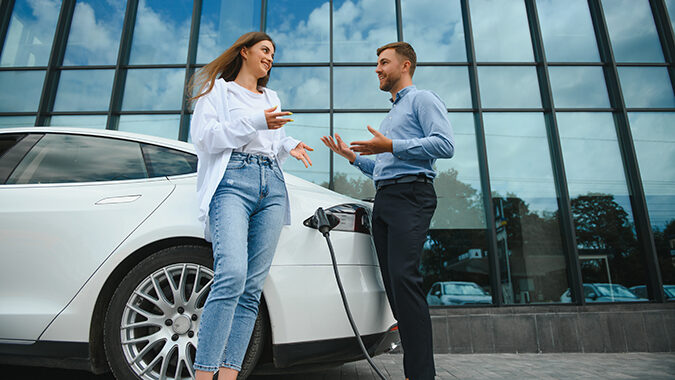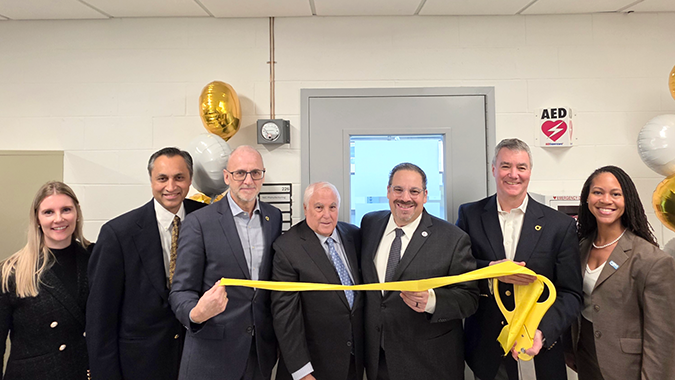Interest in electric vehicles is growing as consumers, pressured by hyper-inflationary conditions, look to lower their operating costs. But concerns about affordability, range anxiety, and battery safety have many shoppers tapping the brakes on an EV purchase, new research finds.
According to Deloitte’s 2023 Global Automotive Consumer Study, released Wednesday, U.S. consumers who say they would prefer to purchase an electric vehicle has risen by 9 percentage points year-over-year. Those saying their next vehicle would have a gas or diesel internal combustion engine fell from 68% to 62% year-over-year in the United States.
The report, which is based on a survey of more than 26,000 consumers from 24 countries last fall, found that the global shift to EVs is happening at different speeds as individual markets face varying challenges to adoption, including cost and availability of charging infrastructures. Globally, interest in EVs is much higher in Japan, Korea and China than in the United States.
U.S. consumers (52%) cited “lack of affordability” as their top concern hindering an EV purchase. In fact, 7 in 10 U.S. consumers said they wanted to pay less than $50,000 for an electric vehicle, despite inflationary pressures that have increased vehicle prices. The average price of an EV in the US in August 2022 was $66,000, according to Kelley Blue Book.
Other findings from the Deloitte study:
- Despite public messaging about climate change and the need to reduce emissions, lowering fuel expenses is the top reason consumers choose EVs in the U.S., Germany, India, Japan, the Republic of Korea and Southeast Asia.
- Most EV drivers would prefer to charge their vehicles at home, particularly in the U.S. (77%), Germany (75%), Japan (72%) and China (65%).
- Consumers in most markets, including 50% of U.S. consumers, said they are willing to spend between 20 minutes to one hour charging a vehicle at a public charging station from empty to 80%. To pass the time, U.S. consumers would most prefer to have amenities like Wi-Fi (64%), restrooms (60%) and beverages (56%) readily available.
- Ongoing supply challenges impacting vehicle delivery times may be conditioning consumers to expect lengthy wait times to persist. In fact, 48% of U.S. consumers now say it would be acceptable to wait 3-12 weeks for delivery of their next vehicle if it meant getting exactly what they want, potentially opening the door to a more “build-to-order" retail paradigm.




